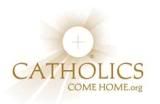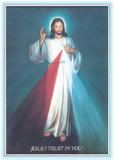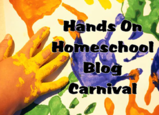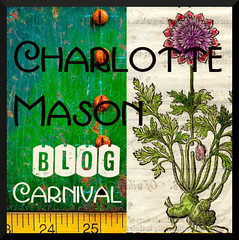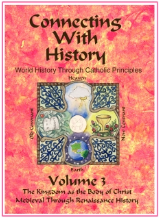Her writing engages my boys better than other similar books have. For her events-based books, she ends each chapter with a summary, which is a great narration helper for me, and then three or four creative writing suggestions. All of her books are all in the public domain and available at the usual places--Google Books, Open Library, The Baldwin Project, and Heritage History to name a few.
 For World History we are reading The Story of the Roman People instead of Foster's Augustus Caesar's World. She of course has books about Greek History and English History, too, among others. Here is Open Library's list of her titles.
For World History we are reading The Story of the Roman People instead of Foster's Augustus Caesar's World. She of course has books about Greek History and English History, too, among others. Here is Open Library's list of her titles.For American History we are focusing on the Colonial Period. We will use American Hero Stories as well as An Elementary History of Our Country. In addition, she wrote a delightful book called Letters from Colonial Children. Ten fictional children, each from a different colony, have written one or more letters to relatives back in the Old World. According to the preface, while using the modern language of her day she still strove for historically accurate details.
From a Catholic perspective, though Tappan is a Protestant Christian, she by far gives the best account of Catholic American history that I have found in these types of books. One of the children in Letters is a Catholic girl from Maryland. While not a perfect Catholic perspective, it gives a lot of Catholic detail and falls only a little short compared to Eggleston, Guerber, and especially Marshall.
With these books as a spine, the rest of my U. S. History should fall into place for the next term. I'm looking forward to incorporating more of her works into our studies.



